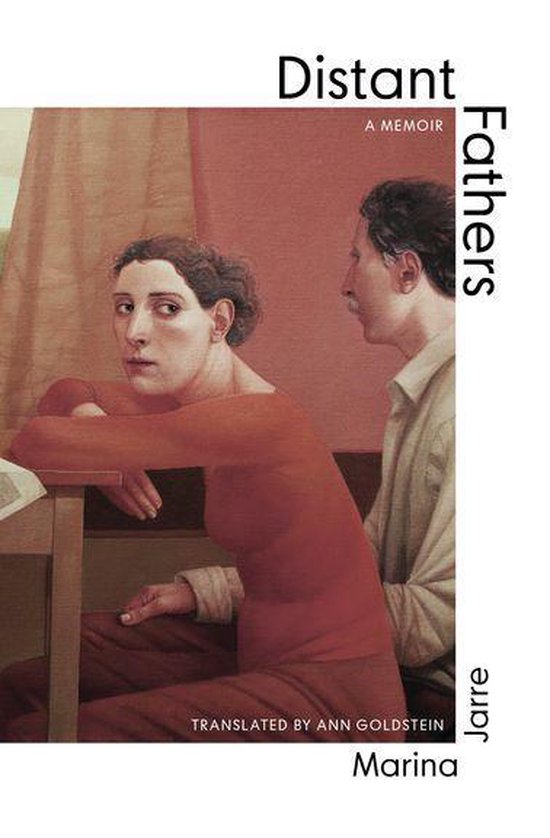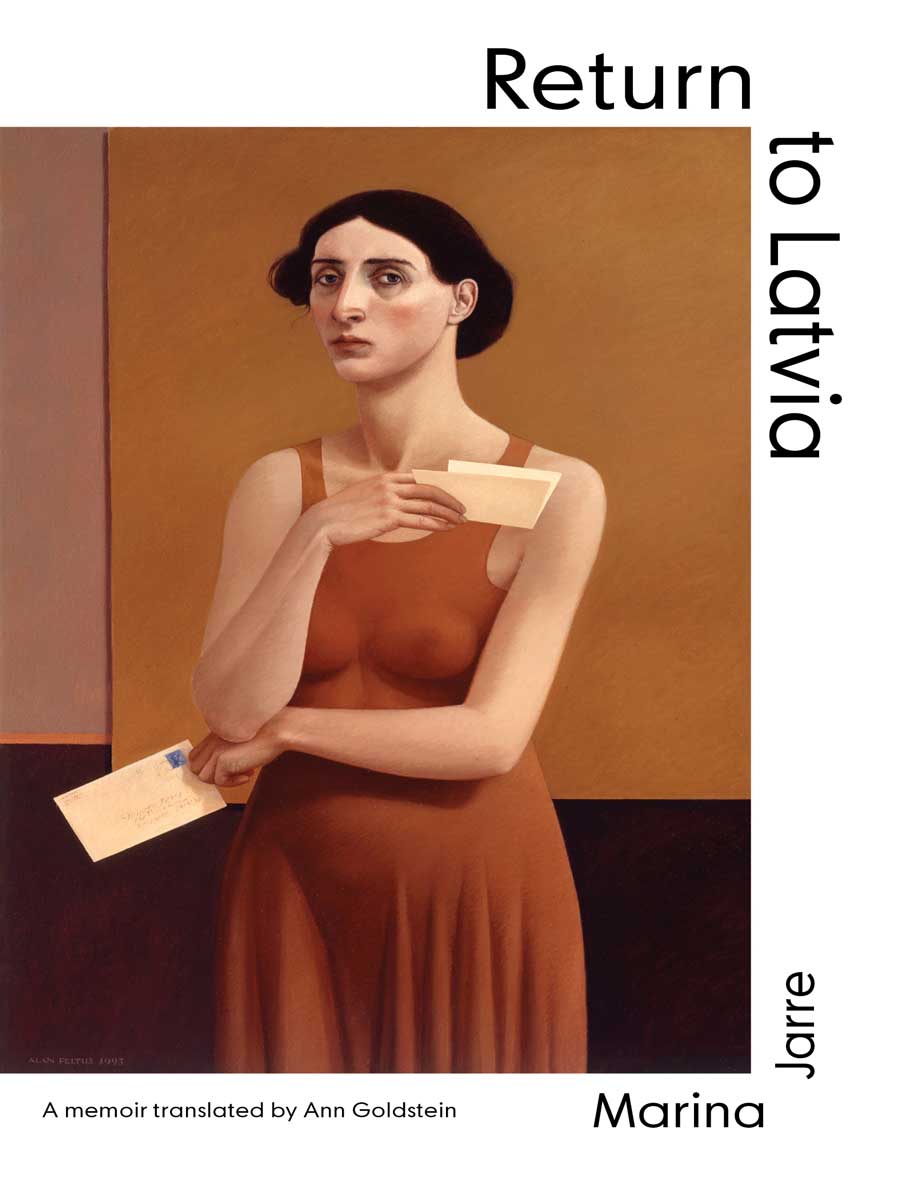published in Issue Three

(New Vessel Press, 2021)

(New Vessel Press, 2023)
Marina Jarre’s Italian sounds like no other. Her love of the written word and her perfect literary pitch sprung from her mother tongue, which was German, but her work is woven, too, with borrowings from French. Her writing can capture mental wanderings through syntactic inversions, rhythmic slowdowns, semantic slippages.
Born in Riga, Latvia, in 1925, to a Latvian father and an Italian-Waldensian mother (her Waldensian grandparents used to speak French at home), Jarre moved to Italy when she was ten years old — or more precisely to the region of Piedmont, the atmospheres of which are masterfully translated into her books. Despite her full mastery of Italian, her felt lack of command would be an obsession. « I don’t write well, » she confessed in a letter.
Perhaps making sense of her own place in time and space required a lack of intimacy with her chosen tongue. Marina will choose the hostile language — « a language that’s not immediate, that I have to grasp every time, to render the improper proper » — as the compass on the map of her sentimental geography. After publishing a children’s book, Jarre made her literary debut with Un leggero accento straniero (A Slight Foreign Accent, 1972), a polyphonic novel centered on a former Nazi officer pretending to be a quiet Swiss engineer in postwar Turin. But it would not be until I padri lontani (Distant Fathers, 1987) and Ritorno in Lettonia (Return to Latvia, 2004), two autobiographies written in her spare time, that a unique style would be born...
The collective’s name originates from a pun mixing the words « Miss » and « sconosciuta » (meaning « unknown »). The adjective « misconosciuto » in Italian refers to overlooked works and authors.
Critic Enzo Golino defined Ascanio and Margherita as a « polveroso arazzo » (dusty tapestry). See E. Golino, Sotto Tiro. 48 Stroncature, Manni, 2002.
Distant Fathers (originally published in 1987) has been compared to Natalia Ginzburg’s Family Lexicon (1963) because of its Piedmont setting and reflections on a multifaceted identity, but their eyes and ears are very different. Ginzburg translated orality into the novel-form, endowing her pages with a compelling comic tone, born out of her subtle use of underdetermination; Jarre relied mostly on ethymologies and plurilingualism.
The Italian Waldensian Church opposed Fascism, especially after the signing of the « Patti Lateranensi » (an agreement between the Holy See and Mussolini’s Fascist regime in 1929). Later on, many Waldensians took part in the Italian Resistance.
« Every so often in the months that preceded my return to Riga I applied myself to deciphering the puzzle of the final y of Gersony. In Latvian the y doesn’t exist and in Russian it has the u sound. And is there a y in Hebrew? I don’t think so »
See Marc Augé, Non-places: Introduction to an anthropology of supermodernity, translated by J. Howe, Verso, 1995, 87.
A similar process of not reading is described in another passage of the book: « Looking sideways I glimpsed a photograph of an enormous open pit, three meters deep, overflowing with extremely thin, naked white bodies. On the edge, Germans in uniform. One of them had taken a picture. The label, merely glanced at, mentioned German Jews, shot in the forest of Biķernieki in 1943 »
